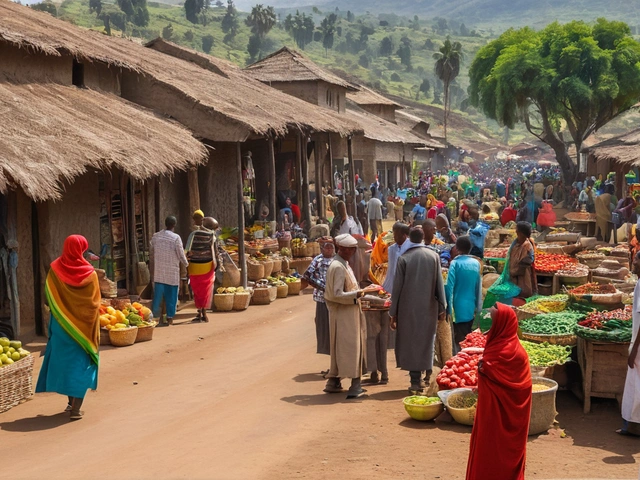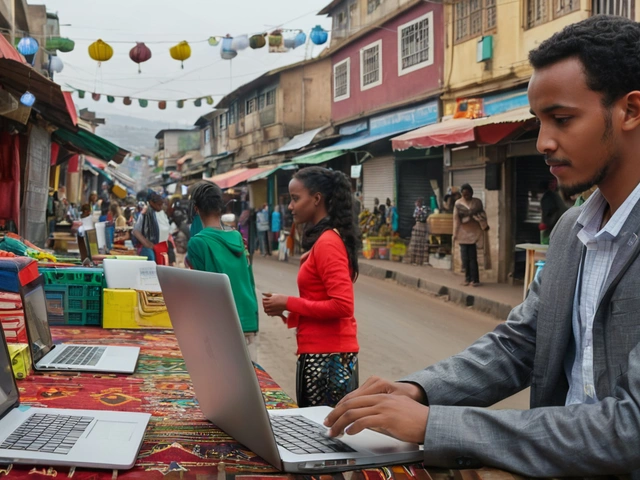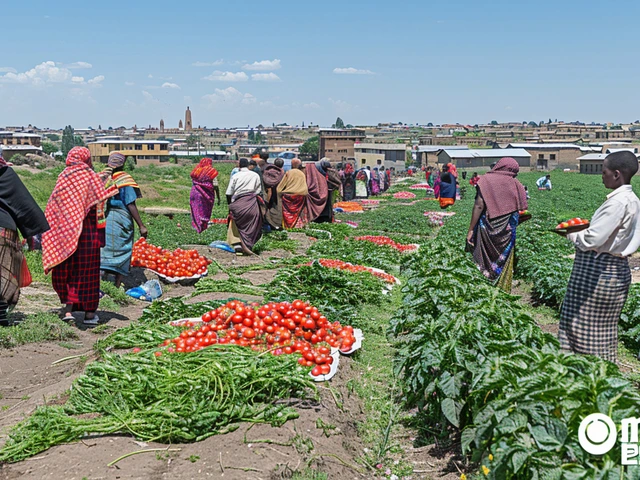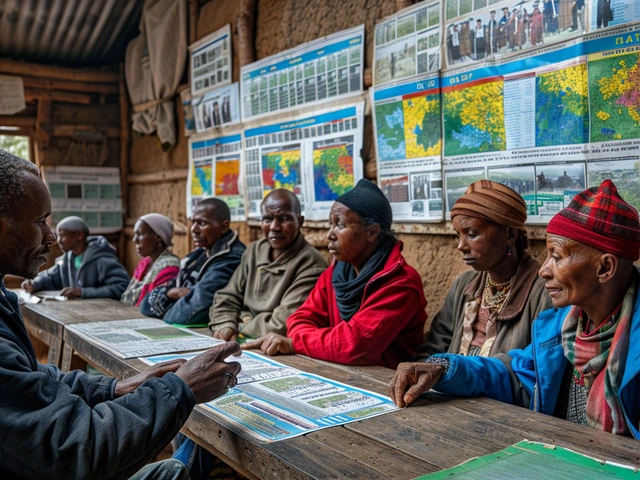Real Estate in Ethiopia: What You Need to Know
Curious about how real estate works in Ethiopia? Whether you’re thinking about renting an apartment, buying a house, or exploring ways to invest, there’s a lot to unpack that can actually impact your pocket and your lifestyle.
Renting in Ethiopia can feel like a maze if you’re new to the market. Rents in big cities like Addis Ababa can go from budget-friendly single rooms to surprisingly expensive condos, especially in the city center. Factors like location, nearby amenities, and even internet access make a huge difference in what you’ll pay. For instance, houses in popular neighborhoods near embassies or shopping centers often cost way more than similar homes in the suburbs.
If you’re searching for a place to rent, don’t just go by what’s advertised online—sometimes the best deals are found through word of mouth, local agents, or just asking around. And remember, rental contracts in Ethiopia don’t always match what you’re used to in other countries, so read carefully and ask questions before signing anything.
Thinking about investing? Ethiopia’s growing economy and rising urban population have made real estate a popular investment choice for locals and foreigners. Construction of apartments and houses is everywhere in cities, and demand for quality housing keeps climbing. You’ll find options for everything from modest homes to luxury properties. But here’s the catch: Laws about property ownership can be tricky for foreigners—usually, only Ethiopian citizens or companies can officially own land, though leasing is possible for longer terms.
Don’t have a big budget? You can still get a piece of the action. Many folks in Ethiopia start by buying smaller plots or unfinished homes, then finish them as their finances allow. Others choose to invest with friends or extended family to make things more manageable. It’s common for people to boost their income by renting out part of their property or running a side business from home.
What about housing types? Ethiopia has a mix. You’ll spot traditional tukuls (those round, thatched-roof houses) in rural areas and sleek condos and high-rises in Addis Ababa. In between, you’ll see plenty of courtyard homes, basic apartments, and modern houses with all the comforts you’d expect. Housing styles keep evolving as incomes rise and more Ethiopians move to urban centers, so you’re bound to find something that fits your taste and budget.
Property prices and rents have soared in recent years, so staying informed about the market is smart—don’t assume things will stay the same from month to month. It pays to talk to local experts or people who’ve navigated the market before you jump in.
Whatever your goal—finding a place to live, making money from rental property, or diving into real estate investment—knowing these basics puts you ahead. Ethiopia’s housing scene is fast-paced and still changing. Keep your eyes open, ask honest questions, and don’t be shy about negotiating or seeking advice. You’ll save yourself both time and money.





